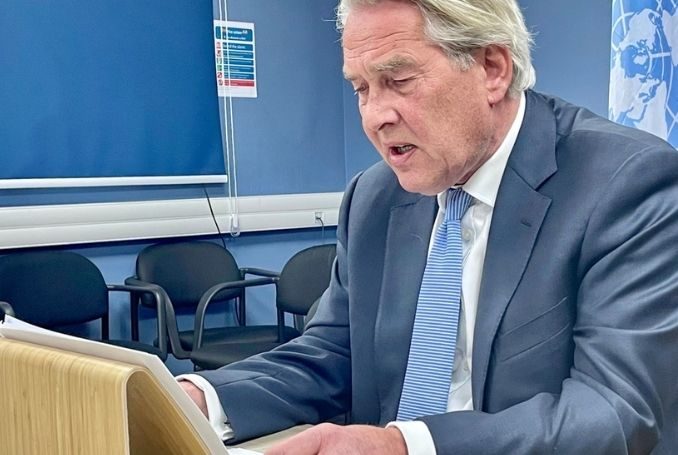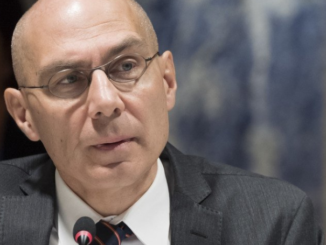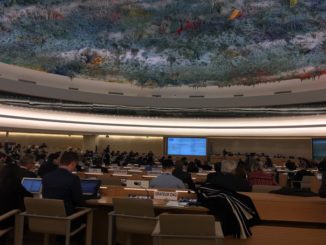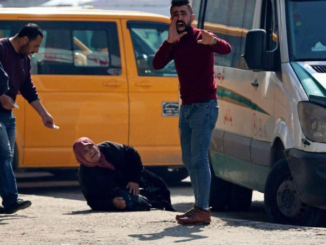
In a speech at the United Nations Security Council on September 27, UN Special Coordinator for the Middle East Peace Process, Tor Wennesland, placed much focus on the issue of administrative detention of Palestinians in the Occupied Territories.
Israel “currently holds 1,264 Palestinians in administrative detention,” Wennesland announced, asserting that the number of detainees is the highest number in over a decade.
“Israeli security forces carried out 1,042 search-and-arrest operations in the West Bank, resulting in 1,504 Palestinians arrested, including 88 children,” the UN official said.
What is Administrative Detention
The Palestinian prisoners support group and rights organization, Addameer said on its website that “administrative detention is a procedure that allows the Israeli military to hold prisoners indefinitely on secret information without charging them or allowing them to stand trial.”
“Although administrative detention is used almost exclusively to detain Palestinians from the occupied Palestinian territory (OPT), which includes the West Bank, East Jerusalem, and the Gaza Strip, Israeli citizens and foreign nationals can also be held as administrative detainees by Israel,” it added.
The same interpretation of the law was also offered by the Israeli rights group, B’Tselem:
“Administrative detention is incarceration without trial or charge, alleging that a person plans to commit a future offense. It has no time limit, and the evidence on which it is based is not disclosed.”
The Israeli organization also asserted that “Israel employs this measure extensively and routinely, and has used it to hold thousands of Palestinians for lengthy periods of time.”
The Larger Context
Though Israel often defends the law – which many say is a flagrant violation of international law – as necessary to prevent Palestinains from carrying out attacks against the Israeli occupation, the regime is part of a larger repression strategy targeting any form of dissent among Palestinians.
For example, according to Wennesland, between the period from July 15 to September 19, the Israeli occupation army killed 68 Palestinians, including 18 children, during demonstrations, clashes, so-called security operations, attacks or alleged attacks against Israelis, and other incidents.
The UN envoy confirmed that a total of 2,830 Palestinians, including 30 women and 559 children, were injured, including 271 by live ammunition and 2,119 by tear gas inhalation.
Lack of Funding
Wennesland also noted that the lack of funding continues to undermine the United Nations’ ability to provide vital services to the Palestinians.
Wennesland said that the United Nations Relief and Works Agency for Palestine Refugees in the Near East (UNRWA) urgently needs $75 million to continue food aid until the end of the year for 1.2 million Palestinians in Gaza.
He added that the World Food Program needs $32 million to restore social assistance to priority families throughout the Occupied Palestinian Territories.
Wennesland also noted that settlements further entrench the occupation, fuel violence, impede Palestinians access to their land and resources and systematically erode the viability of a Palestinian State as part of a two-state solution.
He expressed grave concern over “the intensification of violence in the Occupied West Bank and Israel – at levels not seen in decades – and the use of increasingly lethal weaponry, including in densely populated areas.”
(PC, MEMO, Addameer, B’tselem)








